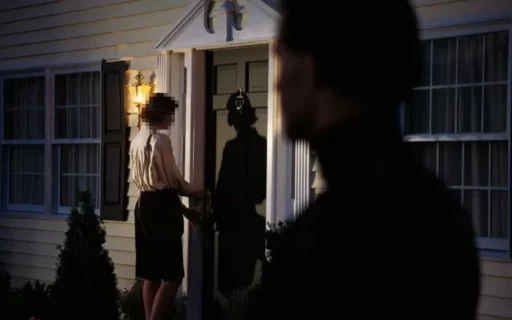Strengthening Response to Dating Violence: Police Distribute Comprehensive Manual for Victim Protection
The National Police Agency has created and distributed for the first time a 'Comprehensive Manual for Responding to Dating Violence' to strengthen the protection of victims.
On the 10th, the National Police Agency officially announced this initiative. The manual was developed in response to a surge in serious crimes occurring in romantic relationships in places like Hwaseong, Daegu, and Daejeon, highlighting the need for practical guidelines for victim protection.

The key aspect of this manual is that even if a victim does not wish to press charges or continues a relationship with the perpetrator, the police can actively intervene and enforce protective measures if reports are made repeatedly. In the past, if a victim expressed that "my partner sometimes becomes violent when drinking but is usually fine, so I don’t want to press charges as we are still dating," the police did not take separate action. However, in the future, proactive intervention will be possible even in such situations.
The manual has been prepared with the input of experts from institutions such as the Korean National Police University, the Korea Criminal Policy Research Institute, and the Korean Women Lawyers Association. It details the signs of dating violence in a step-by-step manner and provides methods for continued protection even when victims are uncooperative.
Strengthening Victim Protection through Active Utilization of the Stalking Punishment Act
In particular, this manual proposes ways to quickly protect victims of dating violence by actively utilizing the Stalking Punishment Act. Previously, there was confusion on the ground regarding the application of this law to violence occurring in romantic relationships due to a lack of consistent guidelines.
By applying the Stalking Punishment Act, the police can order emergency measures (prohibiting access within 100 meters of the residence or using telecommunications to approach the victim) even for one-time acts of violence, allowing for the proactive separation of the perpetrator and victim. This can serve as an immediate and powerful means of protecting victims.

The National Police Agency has provided guidelines indicating that even if a victim does not want to press charges and continues to date the perpetrator, the occurrence of violence itself can be judged as contrary to the victim's wishes.
In a situation where "I was scared when my boyfriend threatened me with a water bottle, but I received an apology and things have been fine since," the police believe they can apply the Stalking Punishment Act by viewing the violence occurring in the relationship as a separate intrusion by the perpetrator.
Strengthening Criminal Penalties and Protective Measures
In the future, even for minor offenses, if crimes like aggravated assault, aggravated threats, or property damage are confirmed, the police will file charges against the perpetrator regardless of the victim’s wishes.
If there are repeated reports of simple assault, the police will actively intervene by applying laws concerning habitual offenders, and protective measures related to stalking will also be reviewed.

Additionally, it has been established that access restrictions can be imposed even for one-time incidents occurring during a dating relationship.
For instance, if a report is received stating that "I am being stalked by a recently broken-up partner," the police may determine that even actions such as the perpetrator visiting the victim’s residence months after receiving a breakup notice to demand a reunion can fulfill the criteria for stalking, which includes "continuity and repetition."
Furthermore, the police will actively implement safety measures for victims and comprehensively assess whether the victim's desire not to press charges is voluntary.
They also plan to explore options for isolating perpetrators, such as merged investigations and applications for arrest warrants.

During the manual's creation process, the police consulted with the Ministry of Justice to assess the viability of applying the Stalking Punishment Act and shared actual investigation cases with the Supreme Prosecutors’ Office to promote nationwide uniformity in legal interpretation.
Seohye Jin, a lawyer from the Korean Women Lawyers Association who participated in reviewing the manual, commented, "Considering the application of legal protective measures under the Stalking Punishment Act in the absence of a separate law governing dating violence is both reasonable and rational."
Jo Joo-eun, the head of the Women’s Safety and School Violence Countermeasures at the National Police Agency, stated, "We prepared this manual through collaboration among various departments and expert advice to ensure no gaps in victim protection even before the legislation on dating violence is established. We hope this response leads to a legal basis that allows for more stable protection of victims."
To coincide with the publication of the manual, the police plan to hold a 'National Assembly Seminar on Responses to Dating Violence' on September 11 to raise awareness regarding the prevention of dating violence and the need for legislation.
Image source: Materials not related to the article / gettyimagesbank, Materials to aid in understanding the article / gettyimagesbank


